Who escapes a duty, avoids a gain

Who escapes a duty, avoids a gain
Theodore Parker, a prominent American Transcendentalist and Unitarian minister, is often credited with the quote, "Who escapes a duty, avoids a gain." This powerful statement encapsulates Parker's belief in the importance of fulfilling one's responsibilities and obligations in order to achieve personal growth and success.Parker was a firm believer in the idea that individuals have a moral duty to themselves and to society to act in accordance with their principles and values. He believed that by shirking one's responsibilities and avoiding difficult tasks, one ultimately deprives themselves of the opportunity for personal growth and self-improvement. In Parker's view, avoiding one's duties may provide temporary relief or comfort, but it ultimately leads to missed opportunities for learning and development.
Furthermore, Parker believed that fulfilling one's duties and obligations is essential for achieving personal gain and success. He argued that by embracing challenges and taking on difficult tasks, individuals are able to develop their skills, knowledge, and character, ultimately leading to greater personal fulfillment and achievement. By avoiding their duties, individuals not only miss out on opportunities for growth and development, but also fail to reap the rewards that come from overcoming obstacles and challenges.
Parker's philosophy of duty and gain is reflected in his own life and work. As a minister and social reformer, Parker dedicated himself to fighting against injustice and advocating for the rights of marginalized groups. He understood that fulfilling his duty to speak out against oppression and work towards social change was essential for achieving personal fulfillment and making a positive impact on the world.





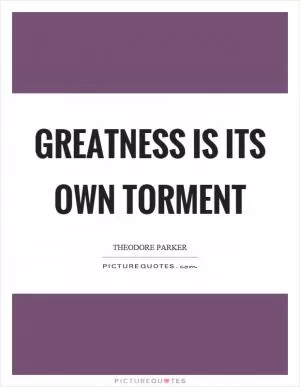
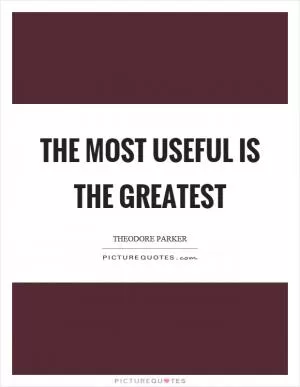

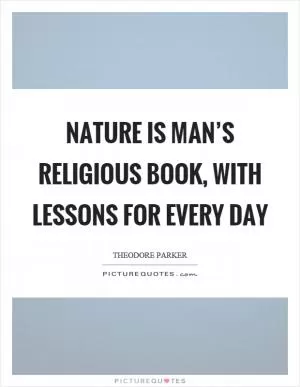

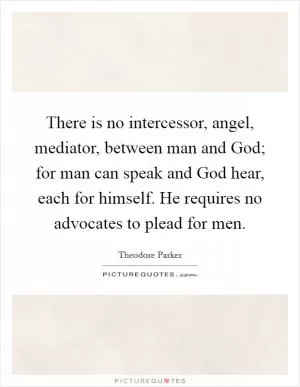
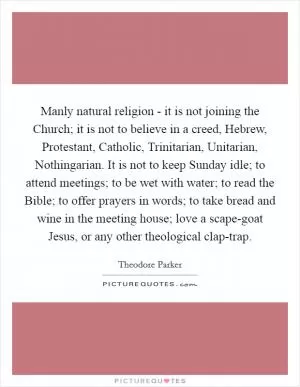
 Friendship Quotes
Friendship Quotes Love Quotes
Love Quotes Life Quotes
Life Quotes Funny Quotes
Funny Quotes Motivational Quotes
Motivational Quotes Inspirational Quotes
Inspirational Quotes